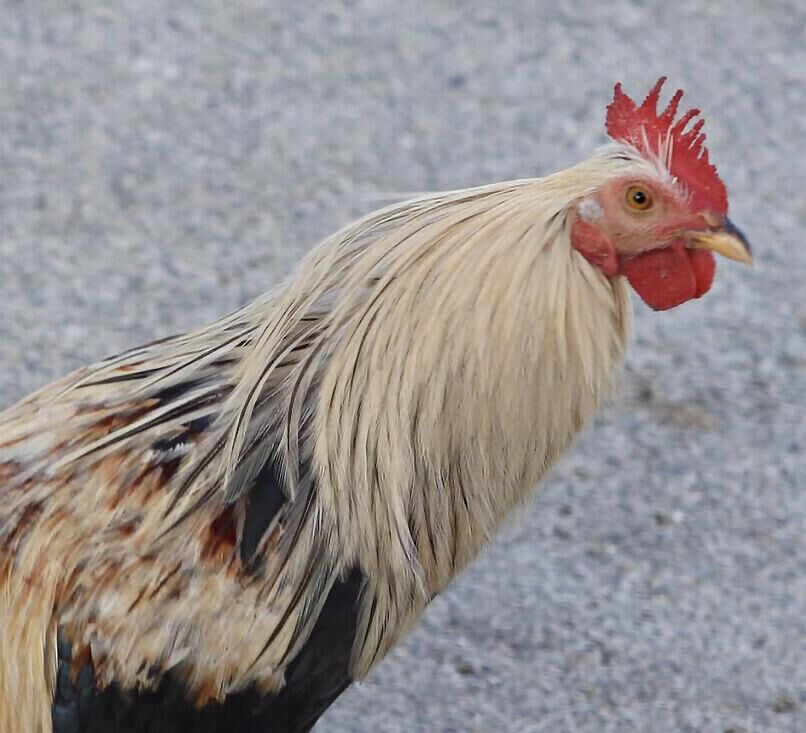Avian influenza confirmed in commercial flock in McPherson County

The Kansas Department of Agriculture, in conjunction with the U.S. Department of Agriculture’s Animal and Plant Health Inspection Service (USDA–APHIS), has identified highly pathogenic avian influenza in a commercial turkey flock in McPherson County. This is the first case of HPAI in a commercial flock in Kansas; to this point, there have been four backyard flocks in Kansas that have had confirmed cases of HPAI.
KDA is working closely with USDA–APHIS on a joint incident response at the affected premises in McPherson County. According to KDA’s animal health officials, the turkey farm increased their biosecurity in early March and increased the monitoring of their flock. Upon noticing clinical signs of HPAI in their birds, they immediately contacted KDA. The affected premises was placed under quarantine and the birds will be humanely depopulated and disposed of in an approved manner to prevent the spread of the disease.
In addition, KDA will be establishing a 20-km surveillance zone around the infected premises, and other farms or properties with poultry that fall within that zone will not be allowed to move birds or poultry products on or off their property without permission from KDA. The animal health team is working to locate all poultry owners in the area to ensure they know the symptoms of HPAI and are taking critical steps to protect their birds. Please contact KDA at 833-765-2006 or [email protected] if you own poultry and you live in the southern half of McPherson County, the northeast corner of Reno County, or the northwest corner of Harvey County, including the communities of McPherson, Moundridge, Buhler, Inman or Conway.
Highly pathogenic avian influenza is a contagious viral disease that can infect chickens, turkeys and other birds and can cause severe illness and/or sudden death in infected birds. Poultry owners should attentively monitor your birds for symptoms of HPAI which include: coughing, sneezing, nasal discharge, and other signs of respiratory distress; lack of energy and appetite; decreased water consumption; decreased egg production and/or soft-shelled, misshapen eggs; incoordination; and diarrhea. Avian influenza can also cause sudden death in birds even if they aren’t showing other symptoms.
If these symptoms are observed in your birds, immediately contact your veterinarian. If you don’t have a regular veterinarian, contact KDA’s Division of Animal Health office toll-free at 833-765-2006.
Anyone involved with poultry production from the small backyard chicken owner to the large commercial producer should review their biosecurity activities to assure the health of their birds. Find guidance on biosecurity on the KDA Division of Animal Health webpage at agriculture.ks.gov/AvianInfluenza.
According to the U.S. Centers for Disease Control and Prevention, the recent HPAI detections do not present an immediate public health concern. No human cases of these avian influenza viruses have been detected in the United States. Birds and eggs from the infected flock will not enter the food system. As a reminder, the proper handling and cooking of all poultry and eggs to an internal temperature of 165 ˚F is recommended as a general food safety precaution.
For more information about HPAI, including current status of the confirmed cases in other states and more information about biosecurity for your flock, go to KDA’s avian influenza webpage at agriculture.ks.gov/AvianInfluenza or call KDA at 833-765-2006.



